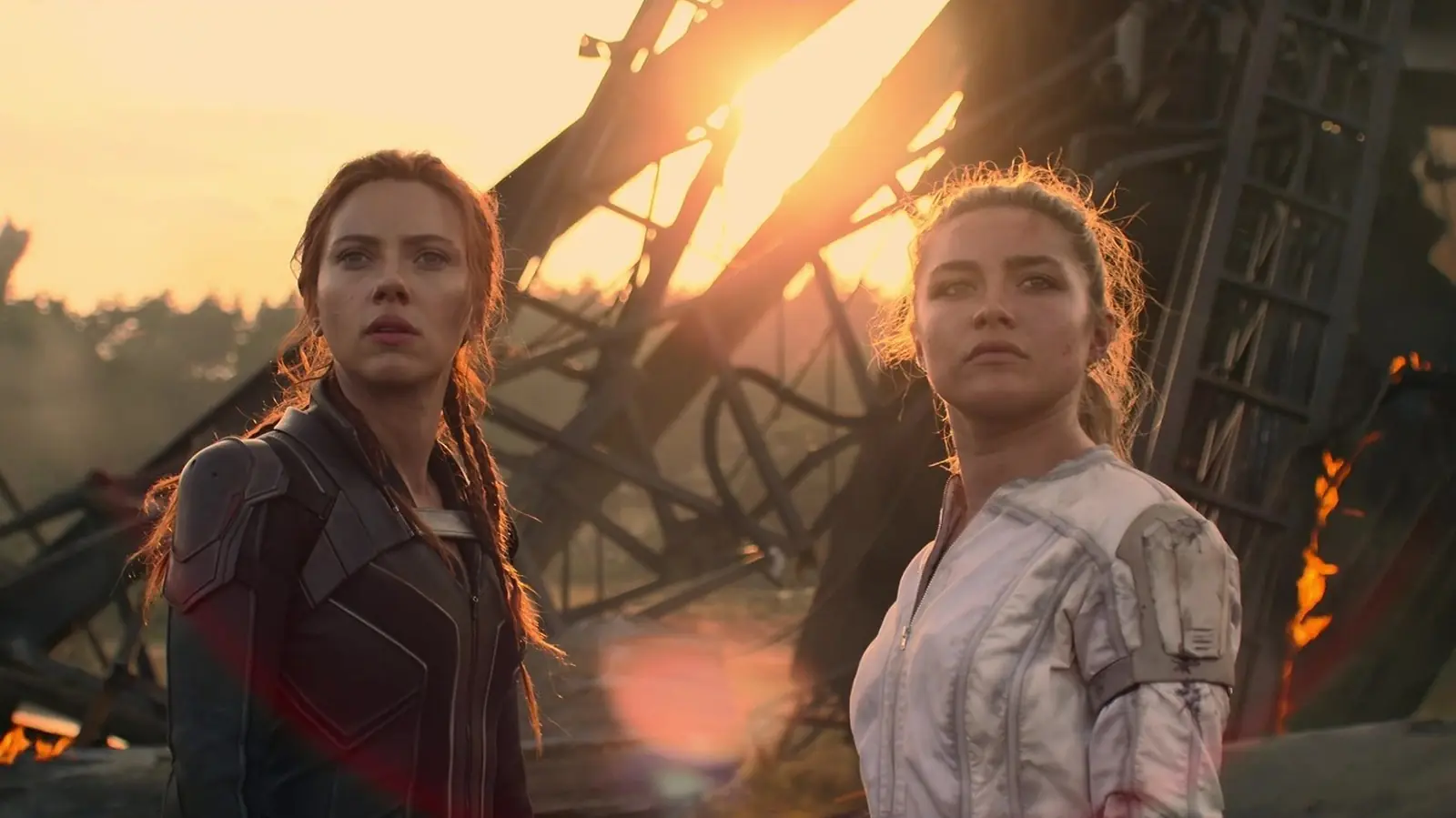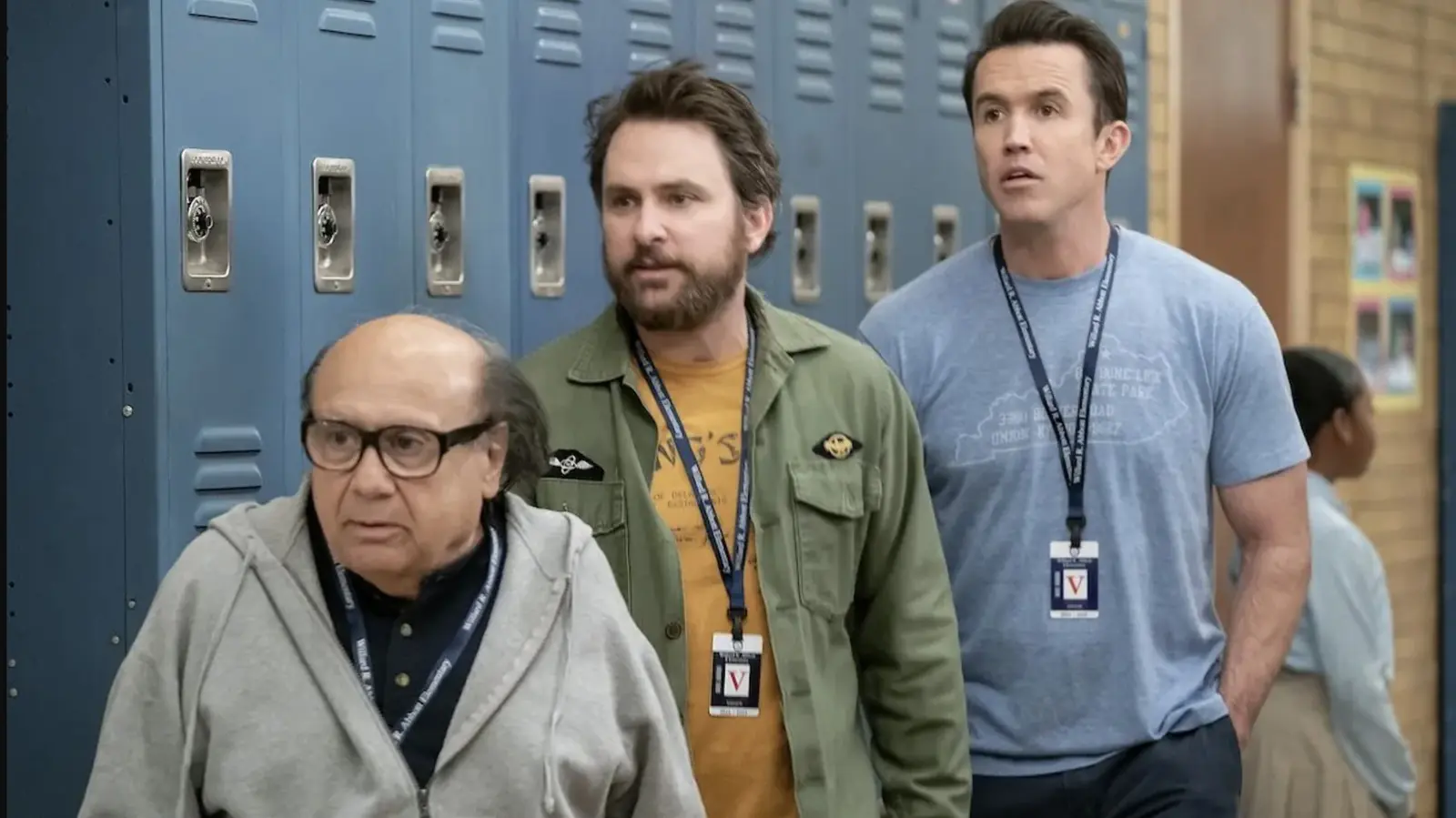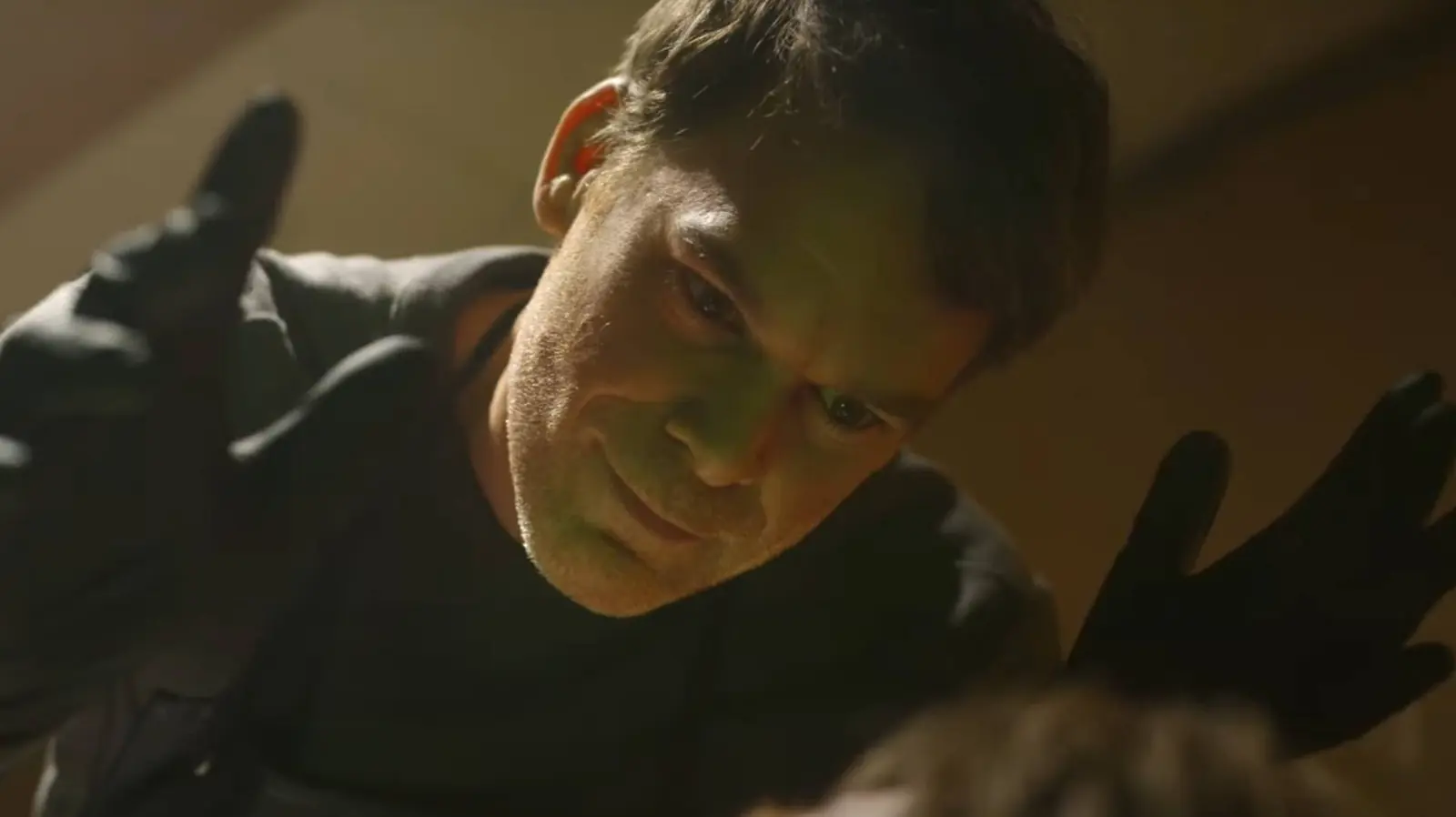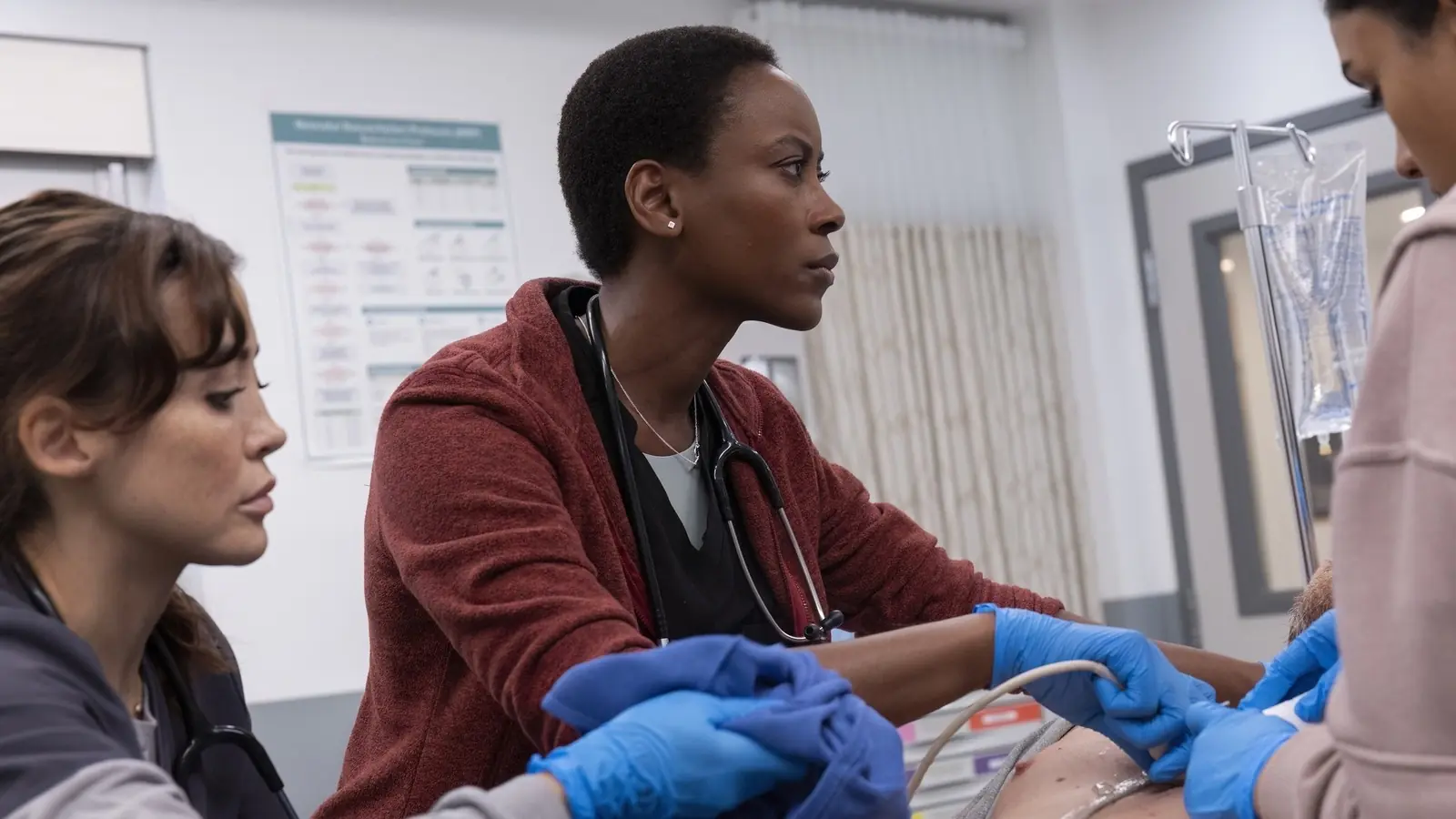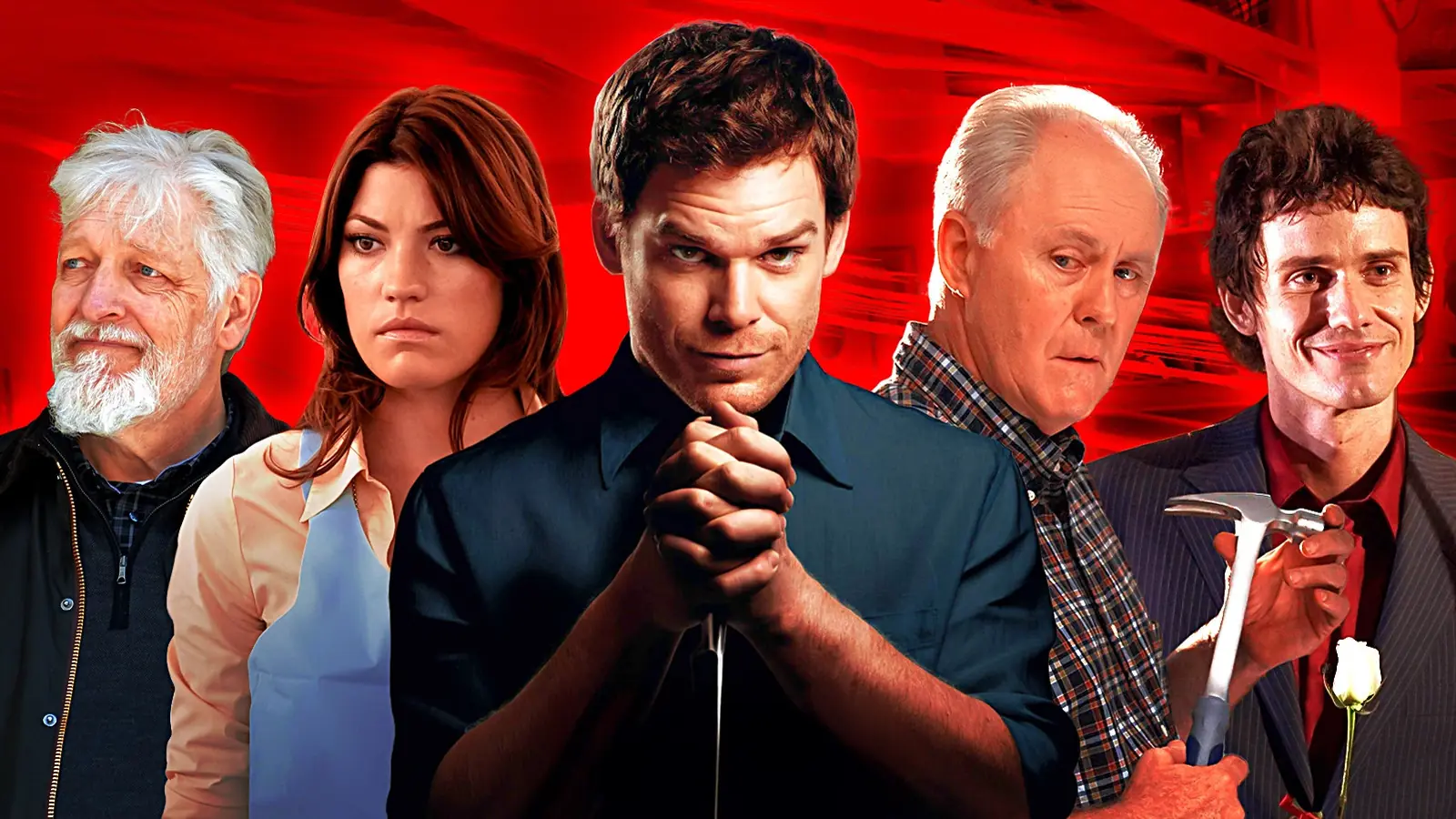The Marvel Cinematic Universe (MCU) has become a cultural phenomenon, revolutionizing the way audiences worldwide perceive superhero films. However, recent years have seen a notable downturn in its trajectory during the Multiverse Saga arc. The decline has sparked considerable debate among fans and critics alike, with many attributing this shift to a pivotal real-world event that reshaped the franchise’s fortunes.
Understanding the MCU’s rise to prominence requires a look back at its inception. When “Iron Man” debuted in 2008, it laid the groundwork for a series of interconnected films that captivated viewers. The film introduced audiences to a universe brimming with charismatic heroes, formidable villains, and ambitious narratives. Over the years, the MCU expanded significantly, incorporating diverse characters and storylines that culminated in hugely successful blockbusters like “Avengers: Endgame.”
However, post-Endgame, the MCU has experienced a notable decline, particularly evident throughout the Multiverse Saga era. Enthusiasts argue that the falling trajectory can be traced back to one major real-world occurrence: the global COVID-19 pandemic. This unprecedented event altered the landscape of filmmaking and theater attendance, forcing the industry to adapt in ways that have ultimately impacted the MCU’s consistency and appeal.
The pandemic caused substantial delays in film production and release schedules, significantly altering the timeline for various anticipated projects. The MCU, known for its tightly woven narrative threads, saw its schedule disrupted, leading to inconsistencies in story progression and pacing. The long-awaited continuity that dictated the franchise’s storytelling was somewhat lost due to these unavoidable postponements.
Beyond scheduling hurdles, the pandemic also accelerated the media consumption shift from theaters to streaming platforms. Marvel responded by releasing several major titles directly on Disney+, breaking the traditional theatre-first model. While this move was initially well-received due to convenience and accessibility, it diluted the cinematic experience that had become an emblem of the franchise’s grandiose storytelling style. The collective experience of seeing superhero narratives unfold on the big screen, surrounded by fellow fans, was largely absent, altering audience engagement.
Streaming’s rise also ushered in a greater focus on serialized storytelling through series such as “WandaVision” and “Loki.” While these shows offered deeper dives into beloved characters, they also required viewers to stay engaged across different formats, which added complexity to the overarching narrative. This was a departure from the film-centric storytelling that initially drew massive audiences to the theaters, further contributing to the perceived fragmentation of the MCU’s storyline.
Moreover, with the expansion of content across new formats and platforms came a broadening of the MCU’s creative landscape. This shift encouraged experimentation, resulting in thematic diversification. While this approach diversified the storytelling palette, it also diluted the focus and coherence that had been hallmarks of the initial phases. The introduction of multiple storylines across both films and series sometimes led to confusion among audiences, particularly those less familiar with the extensive Marvel lore.
Another consequence of the pandemic was the limitation placed on in-person marketing campaigns and fan events. Marvel, known for its grand unveilings and promotional extravaganzas, had to adjust to the constraints of virtual promotions. This significant change in how films were marketed may have contributed to lowered anticipation for certain projects. While digital marketing initiatives did keep fans engaged, they could not fully replace the hype generated by convention appearances and premiere events that had been integral to the MCU’s promotional strategy.
Given these factors, the response from fans and critics has been mixed. Some herald the diversification of stories and characters, recognizing it as a much-needed evolution for the franchise. Conversely, others long for the cohesive epic narratives that defined the Infinity Saga, when every installment felt like a building block leading to an inevitable, earth-shattering showdown.
In the face of these challenges, Marvel Studios continues to experiment, promising new narratives and characters that aim to reignite the fervor the franchise once commanded. Upcoming titles and series indicate a renewed focus on both continuity and innovation, as well as a return to theatrical releases, where possible. There is anticipation that these efforts will revitalize the MCU’s appeal, restoring some of the allure that has waned in recent years.
In conclusion, while the MCU’s decline during the Multiverse Saga can be attributed to various factors, the impact of the COVID-19 pandemic stands out as a critical turning point. This global event disrupted the industry in a way that affected not just Marvel but the entire entertainment ecosystem. As the world gradually recovers, there is both hope and expectation that the MCU will adapt and evolve, reclaiming its status as a dominant force in the world of entertainment.

